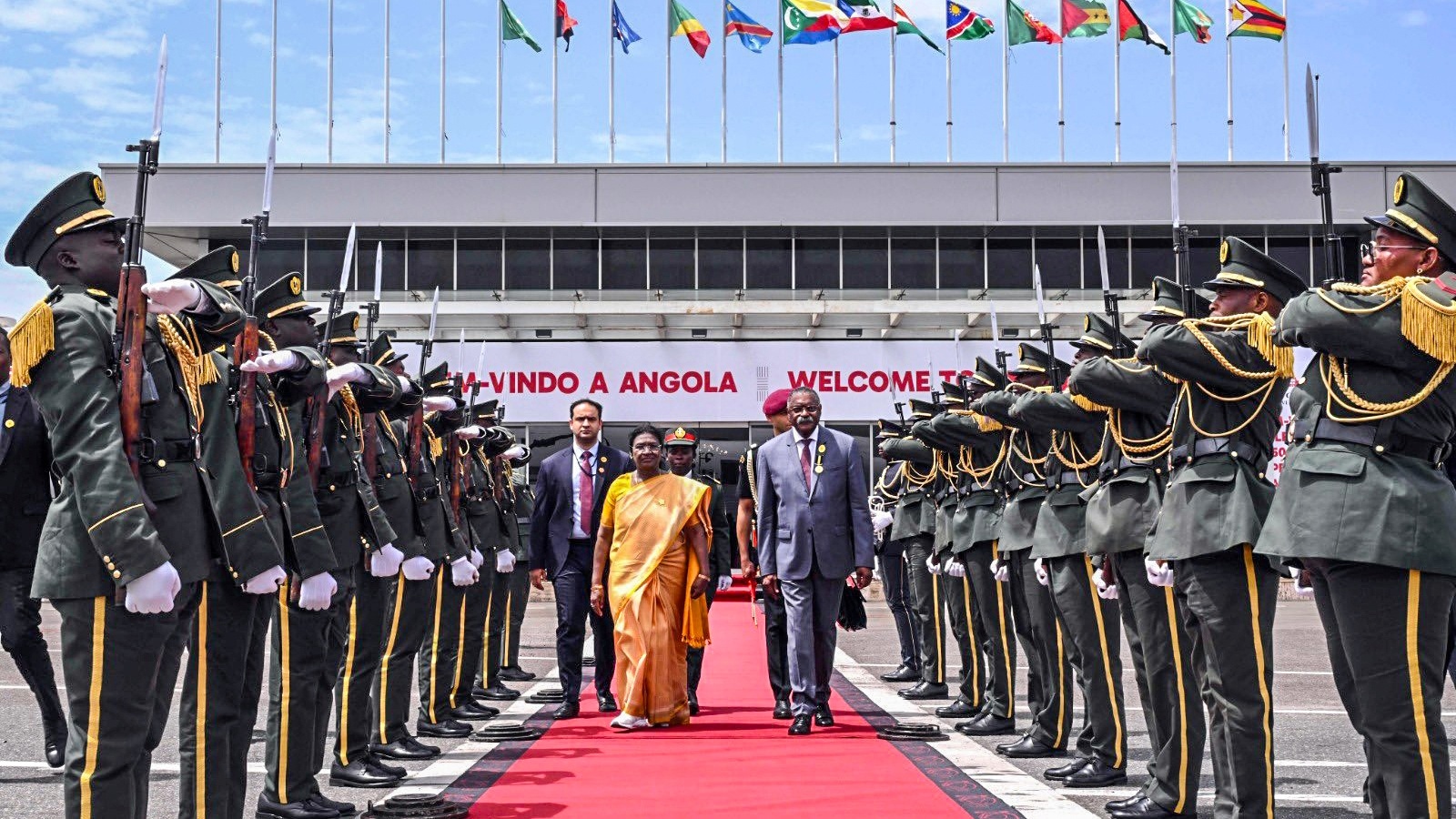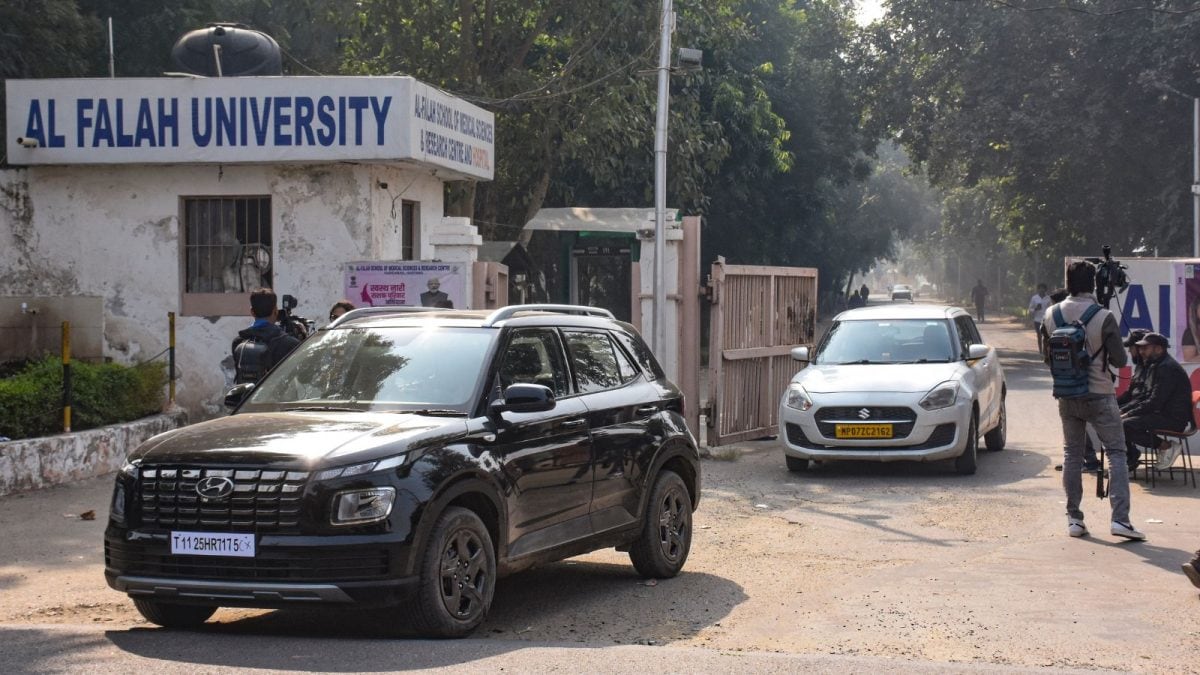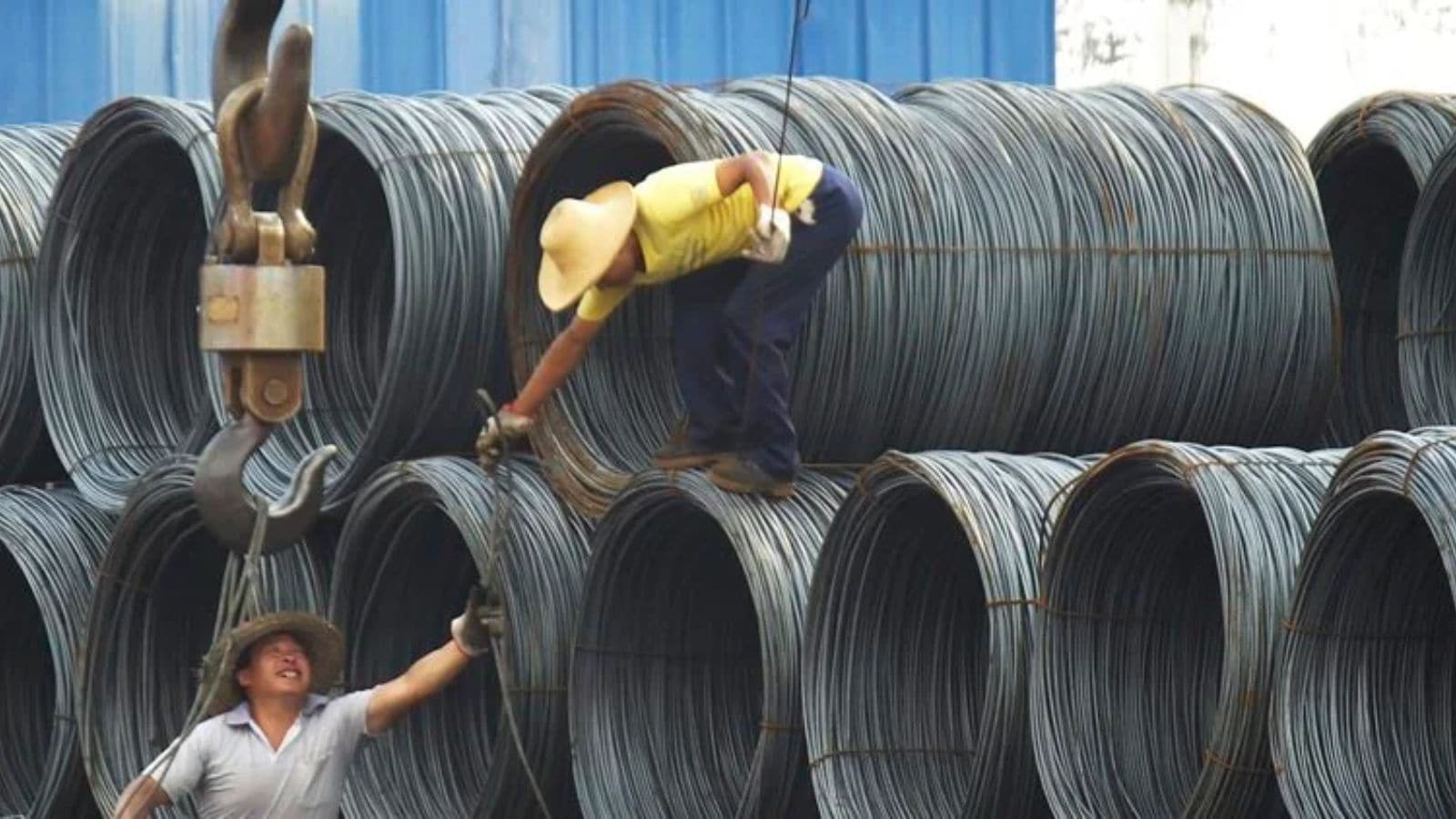Observing that faith cannot be fenced by caste or creed and divinity cannot be confined by human prejudice, the Madras High Court has ordered a temple car to be drawn through Scheduled Caste (SC) habitations too, at Puthagaram village in Kancheepuram district.
Justice P.B. Balaji refused to accept the argument made on behalf of a section of caste Hindus that there was no necessity to deviate from the temple car route, being followed for decades, and suddenly draw the car through a new route.

“We, as a society, have evolved over time and have adapted to several changes and therefore, to resist change citing settled custom, tradition, and practice can never be a valid defence available to the private respondents,” the judge wrote, while allowing a writ petition.
The petition had been filed by local resident A. Selvaraj, through his counsel S. Kumarasamy, seeking a direction to permit Scheduled Caste people to enter the Muthu Kolakki Amman Temple for worship, and also to draw the temple car through their habitations in the village.
S. Anandan of Tamil Nadu Untouchability Eradication Front too filed an impleading petition in the case, through his counsel R. Thirumoorthy, and supported the contention of the writ petitioner that there was indeed a great amount of discrimination against Scheduled Caste persons in the village.
On the directions of the court, the Collector conducted a field inspection, along with revenue as well as police officials, and filed a report stating that the temple car could be taken through the Scheduled Caste habitations too after carrying out minor road repairs on the proposed route.
However, a senior counsel, representing some of the caste Hindu leaders in the village, questioned the necessity for changing the route being followed for decades and claimed that any change would open the floodgates for many others to make similar requests in the future.

Not in agreement with such a submission, Justice Balaji wrote: “I see no reason why the private respondents should be worried about future and nonexistent claims as on date,” when the official respondents had opined that the temple car could be taken to the Scheduled Caste habitations too.
‘God does not discriminate’
“God does not reside in certain streets alone. No street is unworthy of the chariot or the God it carries. God never discriminates. So, discrimination cannot be wrapped in the sanctity of tradition,” the judge wrote and directed the police to ensure a peaceful run of the car through the new route.
On the other complaint of Scheduled Caste persons not being allowed to enter the temple for worship, the judge said: “The Constitution of India, under Article 17, abolished untouchability. Such abolition was not just in physical form but in true letter and spirit. Therefore, none can dictate terms as to who is entitled to stand before the deity and worship and who cannot.”

He recorded the submission of the official, as well as private respondents, that there was no caste-based discrimination as far as the entry into the temple for worship was concerned and that everyone would be entitled to worship the deity. He also directed official respondents to ensure that there was no discrimination.

 4 days ago
11
4 days ago
11








 English (US) ·
English (US) ·